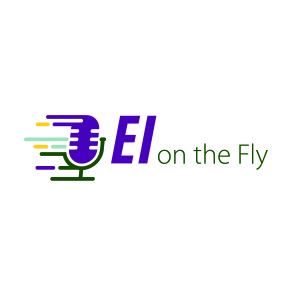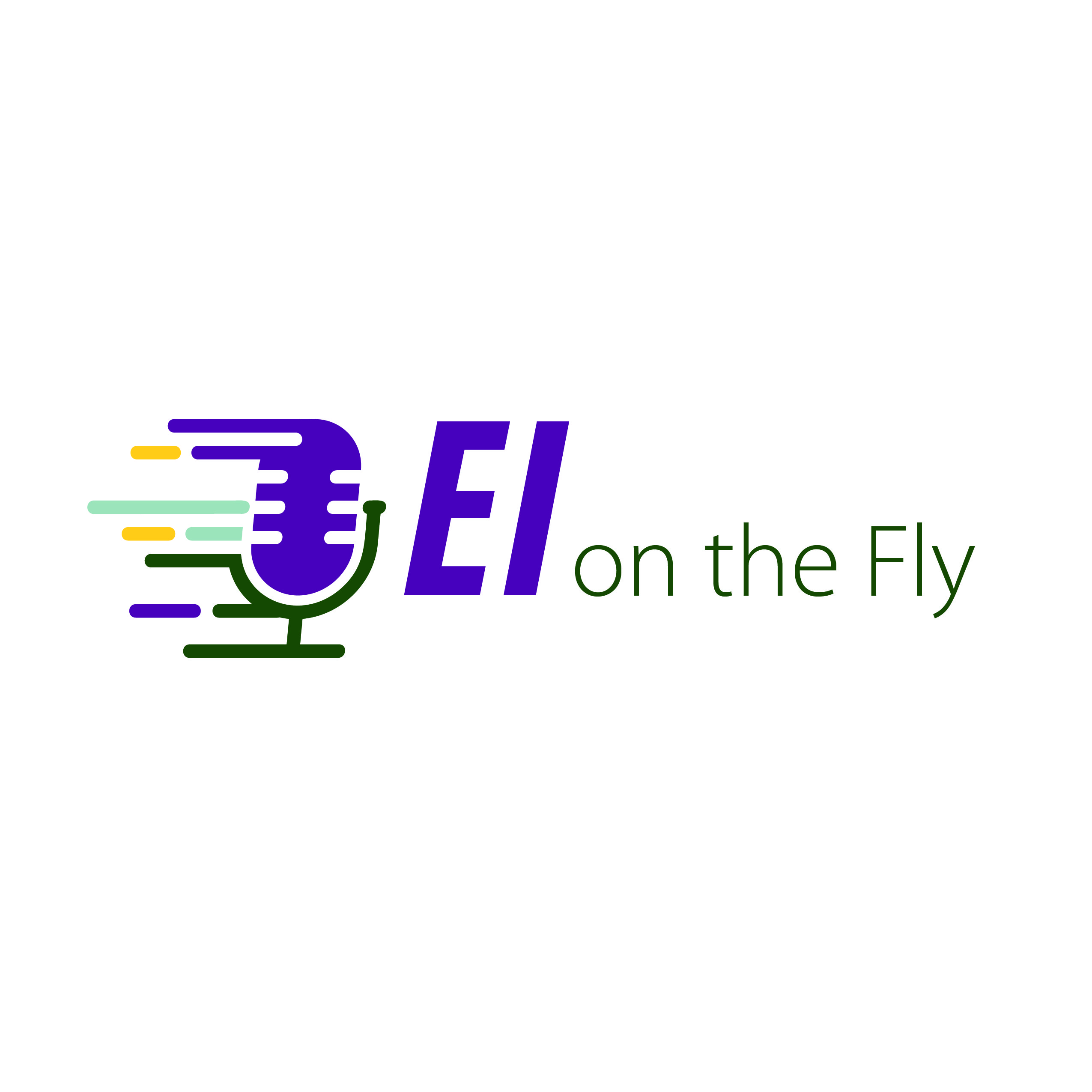Episodes

Thursday Sep 17, 2020
Thursday Sep 17, 2020
Description: In our final episode in this series, we hear from an early intervention program supervisor and practitioners who have also been parents receiving intervention. They share their thoughts and experiences as they answer the question, “What does functional assessment mean to you?”

Wednesday Mar 18, 2020
Episode 7 - Ongoing Functional Assessment
Wednesday Mar 18, 2020
Wednesday Mar 18, 2020
In this episode, we discuss how to integrate ongoing functional assessment into your work with families during service delivery. We describe why and how to conduct it as a collaborative process with a family and model this process by discussing a challenging situation. We review how the components of functional assessment help you monitor progress, address outcomes in family activities and interactions, be responsive to family updates and changing priorities, and help the family reflect on their efforts with their child during and between visits.

Thursday Feb 13, 2020
Episode 6 - Functional Assessment and the Initial IFSP
Thursday Feb 13, 2020
Thursday Feb 13, 2020
In episode 6, we discuss how functional assessment contributes to the development of the initial Individualized Family Service Plan (IFSP). We imagine different scenarios that illustrate (or do not illustrate) functional assessment practices during this important part of the early intervention process.

Tuesday Jan 07, 2020
Episode 5 - Implicit Bias
Tuesday Jan 07, 2020
Tuesday Jan 07, 2020
In episode 5, we discuss implicit biases and the importance of building our awareness of how our experiences and perceptions affect what we bring to functional assessment. We define implicit bias and discuss how to recognize it in the context of interactions with families. We also emphasize the importance of reflecting on how bias impacts our perceptions, behaviors, and attitudes so we can be more successful with “meeting families where they are.”

Tuesday Dec 10, 2019
Episode 4: Active Listening
Tuesday Dec 10, 2019
Tuesday Dec 10, 2019
In episode 4, we define active listening and discuss the importance of listening to families as they share information. We explore examples and strategies to help early intervention practitioners build their active listening skills, emphasizing the HEAR model to guide practices.

Tuesday Nov 12, 2019
Episode 3: Asking Meaningful Questions
Tuesday Nov 12, 2019
Tuesday Nov 12, 2019
In episode 3, we discuss how to gather functional assessment information from families by asking meaningful questions. We consider differences between formal interviewing and informal conversations with families and delve into different types of questions, such as conversation openers versus closers and open-ended questions. Strategies are discussed to help early interventionists address challenges with gathering information and encourage families share what they know.

Tuesday Oct 15, 2019
Episode 2: Intentional Observation
Tuesday Oct 15, 2019
Tuesday Oct 15, 2019
In episode 2, we dive into the first component of functional assessment: observation. We define observation in the context of early intervention and consider how it helps us “watch to listen and learn.” We discuss observation during the initial evaluation/assessment and service delivery, emphasizing how observation helps us gather functional information about children, how they interact with family members, and what interests and motivates them – all without inferring meaning or judgement. We’ll also review tips for helping families understand the importance of observation.

Wednesday Sep 18, 2019
Episode 1: What is Functional Assessment and Why Does It Matter?
Wednesday Sep 18, 2019
Wednesday Sep 18, 2019
In episode 1, we begin our discussion about functional assessment (FA) in the context of early intervention. We define FA and introduce important concepts such as conducting observation, asking meaningful questions, using active listening, and learning about how children interact and learn during daily activities. We talk about what ongoing FA should look like, compare it to traditional assessment, consider examples, and think about how to integrate it into your work with families.

